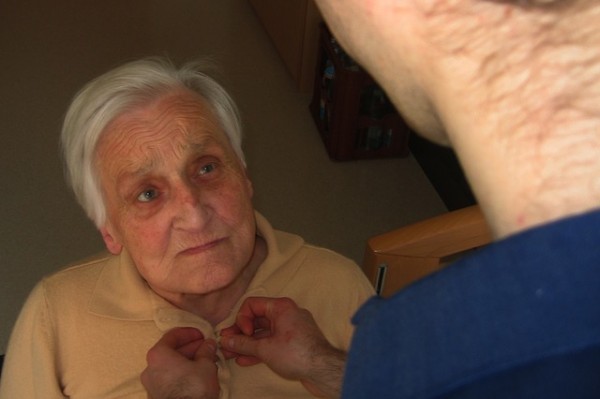Medicaid beneficiaries use emergency services due to lack of alternatives

A study from the University of Colorado School of Medicine shows patients with Medicaid insurance seeking care in an emergency department may be driven by lack of alternatives instead of the severity of their illness. The study is published in theJournal of General Internal Medicine (JGIM).
Researchers, led by Roberta Capp, MD, used the 2011 National Health Interview Survey (NHIS) to study 4,606 patients and their reasons for seeking emergency care. Researchers classified the patient's reasons into two categories - those who used the emergency department because they felt they needed to get immediate medical care and those who used the emergency department because they had trouble accessing care elsewhere.
They found:
- Relative to those with private insurance, adults with Medicaid and Medicare were similarly likely to seek emergency care due to an acuity issue.
- Adults with Medicaid and those with Medicaid and Medicare (i.e., dual eligible) were more likely than those with private insurance to seek emergency care because of access issues.
- Reasons for seeking care in an emergency department by health insurance type may be driven more by lack of access to alternate care, rather than by differences in patient-perceived acuity for patients covered by Medicaid insurance.
The study suggests policy makers should focus on increasing timely access to primary care, especially for Medicaid beneficiaries. Improved care coordination between patients and emergency providers is also necessary to reduce emergency department utilization. With the implementation of the Affordable Care Act, millions of new patients will be enrolled in Medicaid and added to an already overburdened primary care system.
"There is a misconception that patients with Medicaid insurance are more likely to use emergency rooms for a non-urgent issue when compared with those who have private insurance," said Capp. "Medicine is complex and patients, no matter what insurance they have, are not always able to determine what is urgent or not urgent."
Capp goes on to say Medicaid beneficiaries often mention the inability to get a hold of their primary care providers, get a return phone call or a same day appointment when needed
Dec 30, 2013 07:26 PM EST




